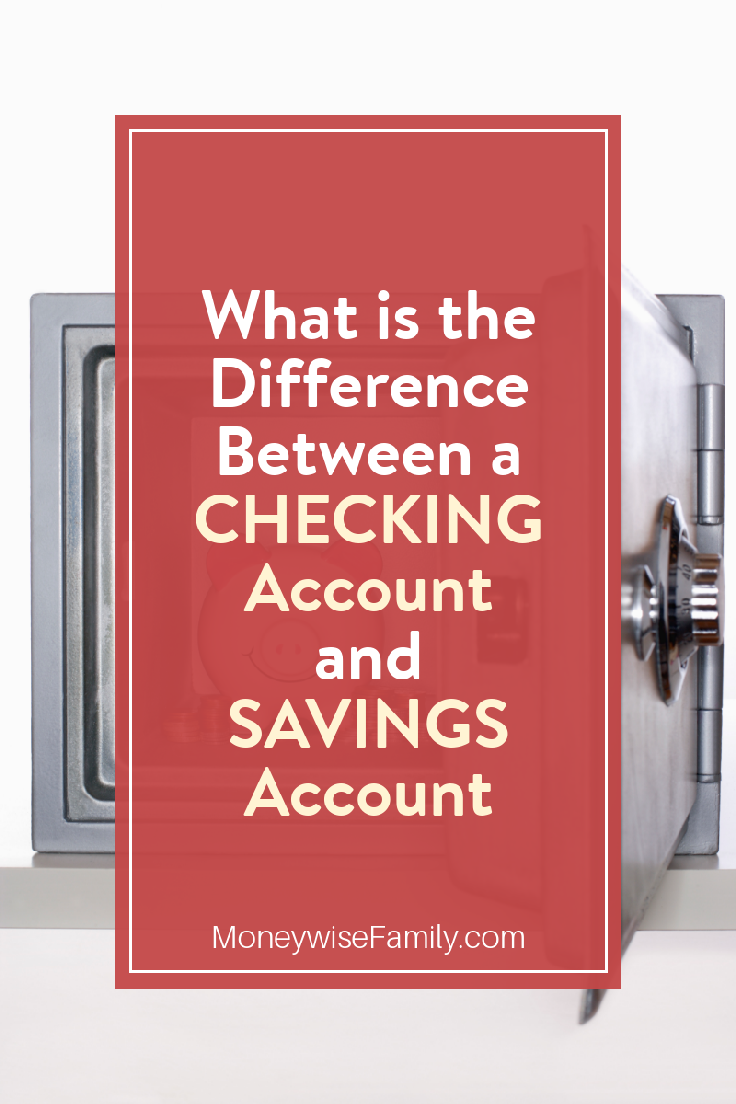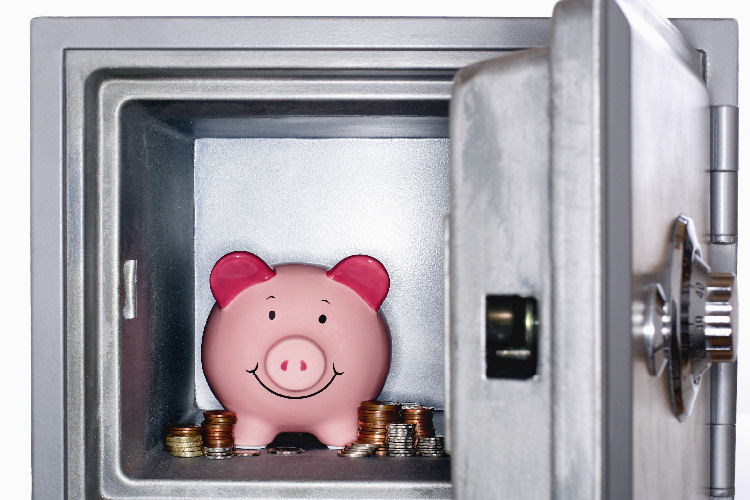What is the difference between a checking and savings account?
Your decision on which kind of account to open depends on how you would like your money to work for you.
Checking Accounts are operated mainly for making purchases and for paying bills.
Savings accounts on the other hand, help you save money for your future by accumulating interest on it over time.
Though many banks lure you with attractive offers and freebies, you have to be careful not to choose the account merely on the basis of the benefits offered on the joining of the account.
Savings account
If you really want your money to grow, this is the better type of account to go with. But you are in a slight disadvantage when it comes to pulling out funds, since you would have to go to a bank or an ATM (if the bank offers you this option) every time you withdraw cash. If you are the penny-pinching, thrifty type, this account works well for you.
Saving accounts are known for their interest rates, offered in various forms. Saving account is a ‘risk-free’ investment option for those who do not want to get into the adventurous game of mutual funds or shares.
The minimum balance for opening it is very reasonable, and your money multiplies as long as you sit on it. You need to talk to your bank concerning interest rates and transaction fees, just to make sure that you’ll know what you’re getting into. Do business with banks which offer the highest interest rate possible, while giving you as much freedom to release your funds as you would like to.
There are different saving options- short term and long term. Certificate of Deposit will be a good option for those who intend for long-term deposits. They offer higher interest rates, but charge penalties for early withdrawals. Compound-interest saving accounts offer more advantages than simple-interest savings accounts. In compound interest savings, the interest accrued in each financial term is added to the previous principal, and the sum of the two will be counted as the principal for the next year. So every year, the amount will accrue exponentially.
Checking accounts
On the other hand, a checking account works well for you if you’re a practical spender. With a checking account, you can deal with transactions such as paying your utility bills and house mortgage with relative ease through the use of personal checks.
This eliminates the need to go to a bank every time cash runs out. You can spend your money through checks anytime you please; you should be careful enough to track your spending, though, as there is a possibility that you could overdraw your account. Writing and releasing a check without the funds to back it up results in a bad credit rating. The bank will charge a penalty for the transaction and will return the check to you; this is called a bouncing check. It affects your credibility when you apply for loans or a credit card in the future, and in worst cases, a felony charge may be file against you.
There are different types of checking accounts. Basic, Free, Express, Lifeline, Interest-bearing, etc., are some of them. Different accounts offer different services. Therefore it is very essential that you first understand the service you require through your checking account and then opt for the right one.
For example, a Basic checking account does not offer any interest for your deposit. In other words, by choosing this account, you will avail only the services such as the payment of the bills and some debit card transactions. You may issue a certain number of checks and if you cross the limit, you will be charged an extra fee per check. Also some banks insist that you keep a minimum balance in order to supplant the monthly maintenance charges.
A Free checking account offers the service almost free of cost. There are no criteria such as the minimum balance or the restricted issues of checks. There are no service charges regardless of the number and nature of your transactions. However, you will be charged a reasonable penalty if your check gets bounced.
Interest-bearing accounts offer a very low interest, which is paid monthly. Mostly the banks require a minimum balance to operate the account; the failure of it will result in $10 service fee per month.
Express check accounts are for those who wish to avoid stepping into the banks. The service includes ATM, telephone, PC banking facilities, and unlimited check facilities. Though there is no monthly fee, the customer may often end up paying a huge service charge owing to the extra transactions made through these facilities.

Obviously the issues that you have to contend with in choosing which account to open with varies with how you plan to do away with your money. Do you want the profitability of a savings account? It lets your funds grow, and you are in no danger of overdrawing your account. Do you want the freedom and convenience of a checking account? It’s a safe and convenient way of liquidating your funds, but there’s that danger of writing that bad check.
Your decision depends on your attitude towards money and how you would like to use it. If you’re in a situation wherein you constantly need to release substantial amounts of money, then you’ll need a checking account. If you want your money to sit tight for long periods of time, and you can deal with cash most of the time, you would go well with a savings account. There are advantages and limitations to both types of accounts mentioned. It’s for your own financial ease that you weigh and consider your options before you open with any of them.
Whatever the type of the account is, it is essential that you understand the basics of the services. While choosing a checking account, you may focus on the services that you require whereas for opening a savings account, you may think of the benefits, especially the interest.

